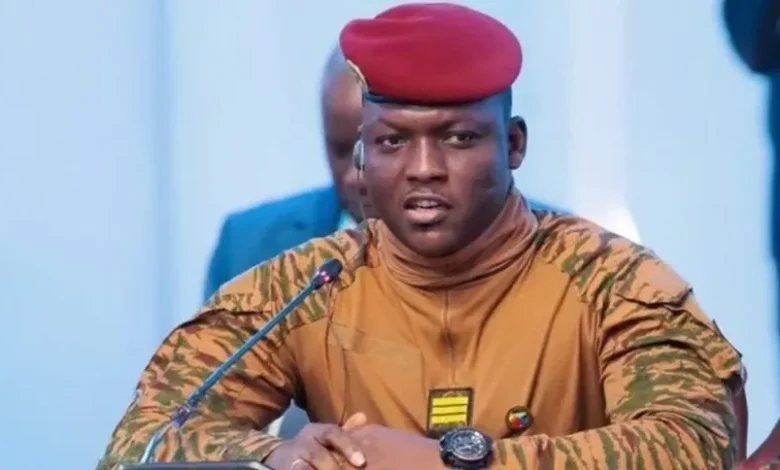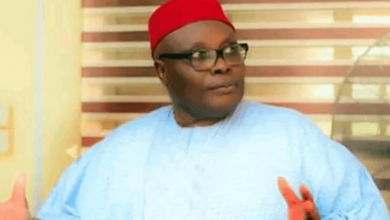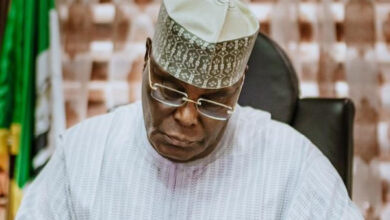JUST IN: Burkina Faso Criminalizes Homosexual Practices

Burkina Faso has passed a new law making homosexual acts illegal, marking a sharp turn in the country’s social and legal framework.
The decision places the West African nation alongside several neighbors that have intensified restrictions on LGBT rights in recent years.
According to BBC reports on Tuesday, the transitional and unelected parliament approved the legislation on Monday.
The new law builds on a draft family code that the cabinet introduced last year. Justice Minister Edasso Rodrigue Bayala announced the penalties in a broadcast on state media, stating that offenders could face prison terms of two to five years as well as fines.
Bayala added that foreign nationals found guilty of same-sex acts in Burkina Faso will be deported after serving their punishment.
The legislation is now awaiting the signature of the country’s military leader, Captain Ibrahim Traoré, who has ruled since 2022 after toppling former leader Lt. Col. Paul-Henri Damiba. Once Traoré signs the bill, it will officially take effect.
Until now, Burkina Faso stood out in West Africa as one of the few countries that allowed same-sex relationships.
Unlike many former British colonies, it did not inherit anti-gay laws when it gained independence from France in 1960.
However, the nation is socially conservative and deeply religious, with fewer than 10% of the population identifying as non-religious.
This change reflects a broader regional trend. Mali, also under military rule and a close ally of Burkina Faso, criminalized homosexuality last year.
Nigeria has long enforced strict bans through the Same-Sex Marriage (Prohibition) Act, while Ghana’s parliament passed a controversial anti-homosexuality bill that was never signed into law.
In Uganda, one of the harshest laws worldwide imposes life sentences for consensual same-sex acts and even makes “aggravated homosexuality” punishable by death.
International reaction to such laws has been sharp. Human rights groups argue that they violate basic freedoms and encourage discrimination.
The World Bank once suspended loans to Uganda in response to its anti-LGBT law, though the suspension was later lifted.
Many global organizations now watch closely to see whether Burkina Faso’s decision will trigger diplomatic or economic consequences.
For activists and LGBT communities across the region, the new law in Burkina Faso represents another setback.
Critics warn that it will fuel stigma, deepen social divisions, and create a climate of fear. Supporters, however, argue that it reflects traditional values and strengthens social order.
As Burkina Faso moves forward with this legislation, it underscores the growing influence of military-backed governments and social conservatism across West Africa.
The development highlights the fragile balance between local traditions, political power, and international human rights obligations.
The post JUST IN: Burkina Faso Criminalizes Homosexual Practices appeared first on Diaspora Digital Media DDM.





